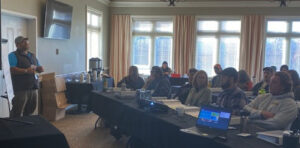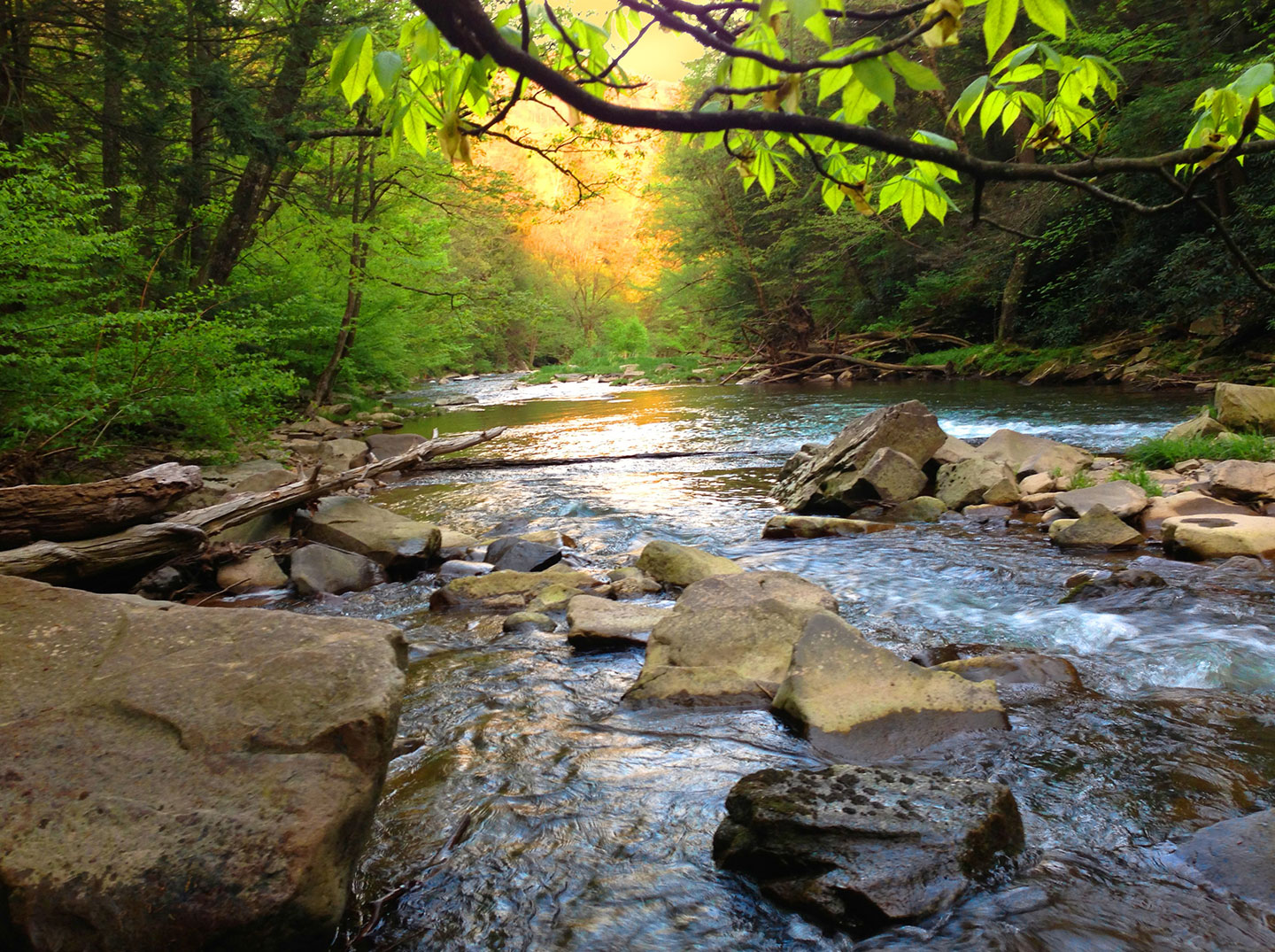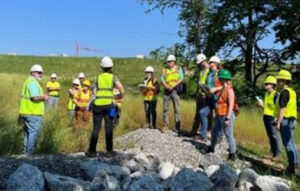 Mark your calendars for Agricultural Conservation Technical Training (“Boot Camp” Basic Level and Level II). Conservation district staff are encouraged to take advantage of these free, week-long training opportunities, including classroom learning and experience in the field.
Mark your calendars for Agricultural Conservation Technical Training (“Boot Camp” Basic Level and Level II). Conservation district staff are encouraged to take advantage of these free, week-long training opportunities, including classroom learning and experience in the field.
Basic will be held once, and Level II will be held twice (if needed). Applicants may apply for one and only one of the three training sessions. Do not apply for both levels this spring.
Agricultural Conservation Technical “Boot Camp” Training – Basic Level
March 11, March 18, and April 4, 2025 (virtual)
March 24-27, 2025 (in-person)
Both in-person and all virtual training sessions are required to complete the course.
Union County Government Center, Lewisburg, PA
Agricultural Conservation Technical “Boot Camp” Training – Level II
March 21 and March 28, 2025 (virtual)
April 7-11, 2025 (in-person)
Both in-person and all virtual training sessions are required to complete the course.
Keystone Conference Center, Ft. Indiantown Gap, Annville, PA (Lebanon County) and the USDA NRCS State Office, Harrisburg, PA
Agricultural Conservation Technical “Boot Camp” Training – Level II (IF NEEDED)
March 21 and March 28, 2025 (virtual)
April 28-May 2, 2025 (in-person) (if needed)
Both in-person and all virtual training sessions are required to complete the course.
Keystone Conference Center, Ft. Indiantown Gap, Annville, PA (Lebanon County) and the USDA NRCS State Office, Harrisburg, PA
The application period will open in early January 2025. Email Shannon Wehinger at swehinger@pacd.org to receive a notification when the application period opens.
The following sponsors make these training opportunities possible: USDA Natural Resources Conservation Service, Pennsylvania State Conservation Commission, and the Pennsylvania Association of Conservation Districts, Inc.




 Mark your calendars for Agricultural Conservation Technical Training (“Boot Camp” Basic Level and Level II). Conservation district staff are encouraged to take advantage of these free, week-long training opportunities, including classroom learning and experience in the field.
Mark your calendars for Agricultural Conservation Technical Training (“Boot Camp” Basic Level and Level II). Conservation district staff are encouraged to take advantage of these free, week-long training opportunities, including classroom learning and experience in the field.

 Presented by Kathleen Deal, JD, this course is designed to provide fundamental negotiation skills to environmental regulatory personnel. Participants will learn proven approaches and strategies to establish rapport, gain information, and influence others. The course incorporates lessons on ethics and negotiation and reading body language—both our own and that of others—to enhance communications It teaches that great negotiation is about great collaboration and equips participants to work with individuals and organizations to create agreement, solve problems, and achieve results.
Presented by Kathleen Deal, JD, this course is designed to provide fundamental negotiation skills to environmental regulatory personnel. Participants will learn proven approaches and strategies to establish rapport, gain information, and influence others. The course incorporates lessons on ethics and negotiation and reading body language—both our own and that of others—to enhance communications It teaches that great negotiation is about great collaboration and equips participants to work with individuals and organizations to create agreement, solve problems, and achieve results. PACD is co-hosting a Certified Professional in Erosion and Sediment Control (CPESC) Review Course. The course will be held at the Clinton County Conservation District in Mill Hall, PA, on September 10, 2024. The cost is $380 for non-district participants and $180 for conservation district staff (contact
PACD is co-hosting a Certified Professional in Erosion and Sediment Control (CPESC) Review Course. The course will be held at the Clinton County Conservation District in Mill Hall, PA, on September 10, 2024. The cost is $380 for non-district participants and $180 for conservation district staff (contact 


 The Section 319 Virtual Watershed Planning and Implementation Meeting will take place from 9:00 a.m. to Noon daily May 28 and 29, 2024. The event is open to entities involved in Section 319 Nonpoint Source Management projects, including conservation district staff, DEP and EPA staff, incorporated watershed associations, counties, municipalities, councils of governments, 501(c)(3) non-profits, educational institutions, and municipal authorities.
The Section 319 Virtual Watershed Planning and Implementation Meeting will take place from 9:00 a.m. to Noon daily May 28 and 29, 2024. The event is open to entities involved in Section 319 Nonpoint Source Management projects, including conservation district staff, DEP and EPA staff, incorporated watershed associations, counties, municipalities, councils of governments, 501(c)(3) non-profits, educational institutions, and municipal authorities.